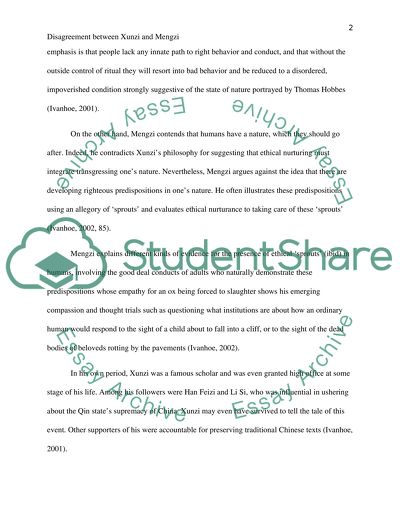Asian Philosophy Essay Example | Topics and Well Written Essays - 500 words. Retrieved from https://studentshare.org/miscellaneous/1550514-asian-philosophy
Asian Philosophy Essay Example | Topics and Well Written Essays - 500 Words. https://studentshare.org/miscellaneous/1550514-asian-philosophy.


